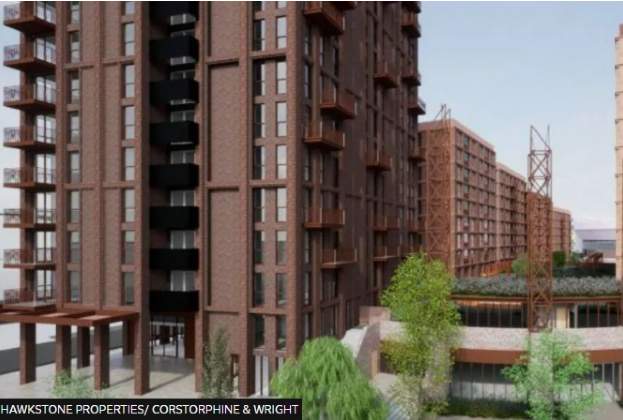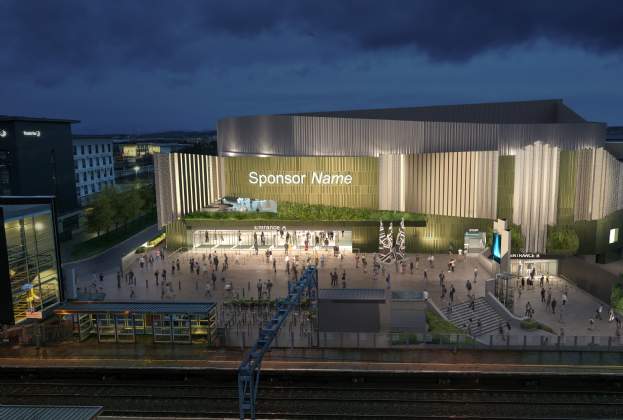Now that the Levelling Up White Paper (LUWP) has settled, we’ve had the opportunity to digest the proposals in relation to the West Midlands.
Over recent years, the region has been the subject of increased investment and regeneration opportunities and we are seeing more public bodies and companies relocating jobs here from London. This has been highlighted by the Department for Levelling Up, Housing and Communities itself moving its headquarters to Wolverhampton, and the BBC most recently transferring its MasterChef production to Birmingham. It therefore comes as no surprise that the Government is proposing to target investment towards the area in the LUWP.
However, while the focus is a positive step towards continued economic growth in the West Midlands, a large proportion of the projects and funding identified by the LUWP is already in place so it is not all new investment. The White Paper also lacks detail on what it means in practice for the region and very limited information has been issued by the Government to provide any further clarity. It will be interesting to review details from the Government and the West Midlands Combined Authority when they become available to assess whether the result will indeed ‘level-up’ the region.
The major challenge in the West Midlands will be trying to secure a single combined strategy when there are multiple cities striving to generate their own investment opportunities, often in competition.
Most of the local authorities face green belt constraints (applied 50+ years ago) and a lack of brownfield land capacity to deliver all of the housing and employment land requirements, with a policy-compliant level of affordable housing.
The Duty to Cooperate has not been a success in the West Midlands with Birmingham having a significant housing need shortfall of 37,900 homes confirmed in 2017. This shortfall has not been dealt with comprehensively by neighbouring authorities. A similar issue pervades in the Black Country with a circa 28,000 home shortfall having been identified. In both cases the shortfalls have not been addressed or met with a combined authority response which seeks to fully plug these gaps.
Arguably this begs the question: is it time for a Regional Spatial Strategy to level up the region and secure the necessary cooperation and agreement that is missing?
Here’s a summary of West Midlands initiatives included in the White Paper:
- Initial £196 million of investment for 11 projects in the West Midlands to regenerate town centres and high streets, upgrade local transport, and invest in cultural and heritage assets in Birmingham, Bromsgrove, Bedworth, Cannock, Stoke-on-Trent, Wolverhampton, Solihull and Kidderminster.
- The Towns Fund is investing £328 million across 15 towns in the West Midlands including Wolverhampton, Hereford and Nuneaton.
- £146 million from the Future High Streets Fund to help pandemic recovery and regeneration in West Midlands towns.
- £400 million pledged for the Midlands Engine Investment Fund. This compares to the £660 million pledged for the Northern Powerhouse.
- Department for Business, Energy and Industrial Strategy to invest £100 million between 2022/23- 2024/25 in three new Innovation Accelerators – including one in the West Midlands.
- £58 million towards rail improvements, improving access to jobs in Birmingham, Walsall and Wolverhampton.
- Nine new Institutes of Technology – one is proposed in the West Midlands (Newcastle and Stafford Colleges Group).
- £17 million funding announced for new facilities at the Black Country and Marches Institute of Technology in Dudley to support delivery of higher-level technical training that meets the needs of local employers and leaners.
- 20 places in England are to be selected that demonstrate strong leadership to invest in economic transformation, starting with Sheffield and Wolverhampton which have already been allocated £20 million levelling up funding.
- £300 million of local brownfield funding to be allocated across England of which the West Midlands region is to receive the highest share at £28 million.
- The Government wants to bring greater power and control back to people in England, by extending, deepening and simplifying devolution and boosting the mayoral model. The Government will open negotiations immediately on trailblazer deals with the West Midlands and Greater Manchester which will act as the blueprint for other mayoral combined authorities.
- The West Midlands has the country’s fastest growing tech sector and one of the highest levels of 5G coverage. However, it also has the lowest digital sector share of enterprise births. The West Midlands Smart City Region Programme aims to scale up digital opportunities across the region in health tech, future mobility and smart energy.
- £20 million Levelling Up Fund Project funding for the Wolverhampton City Living Quarter.
- New Education Investment areas for Dudley, Stoke-on-Trent, Walsall, Sandwell and Coventry with support for underperforming schools.
- £16 million Local Growth Funding towards the Hereford city centre transport package however the majority of this project (construction of a relief road) has now been put on hold following a review by the council
We look forward to more detail on how levelling up will work in practice for this region.
- You can view the initial Savills planning response to the LUWP here
Further information
Contact Michael Davies and Jessica Graham
Levelling up everywhere: Research & Development
Levelling up everywhere: the Solent
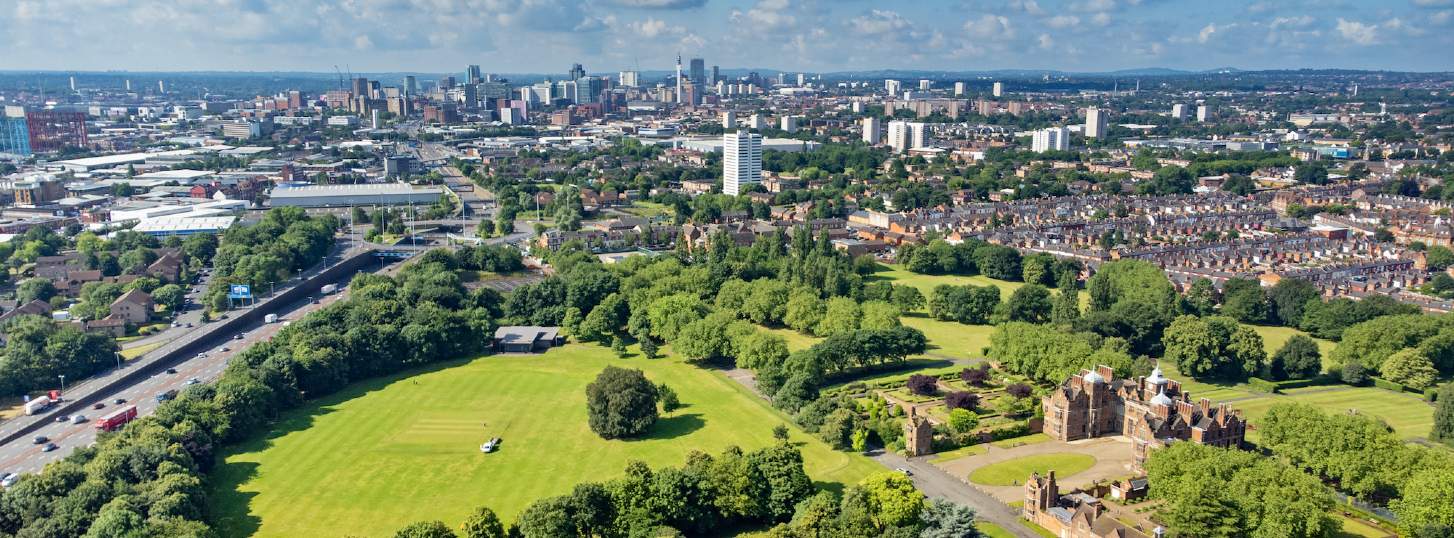
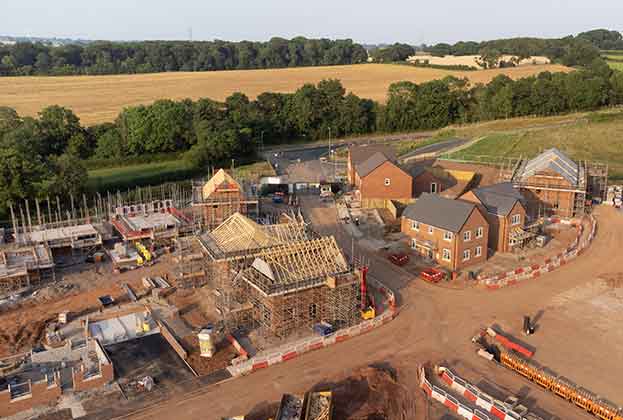
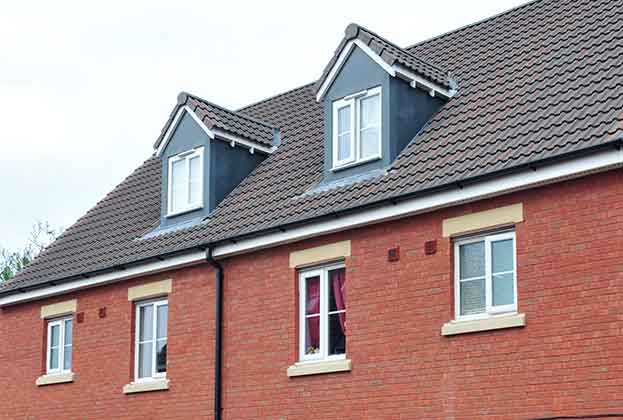
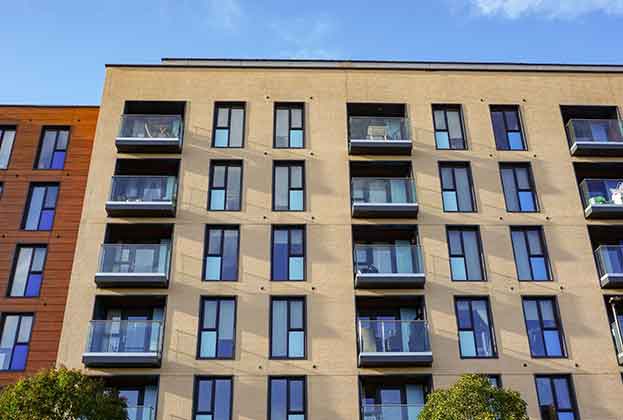
.jpg)
.jpg)
.jpg)
.jpg)
.jpg)
